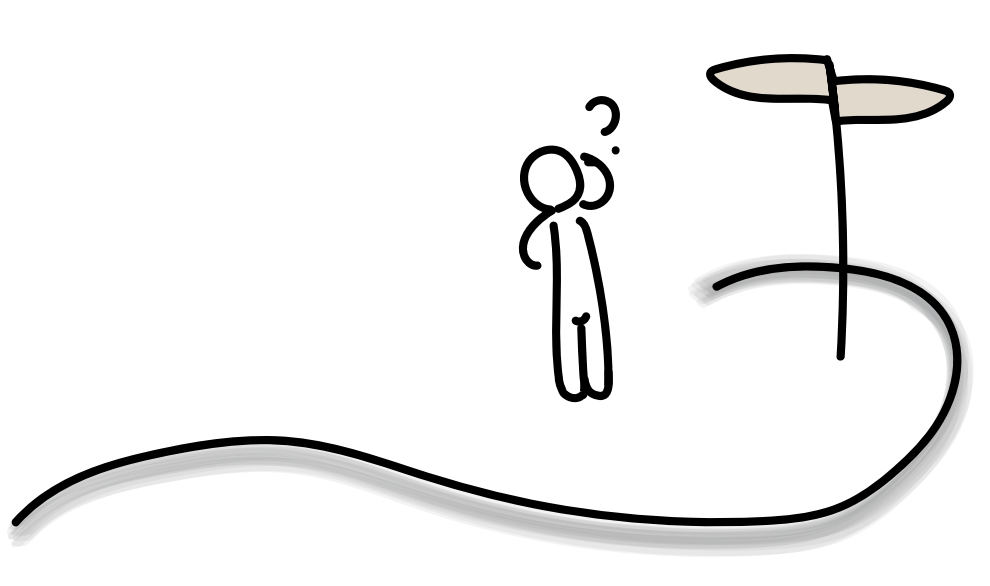hKage
Krupic Lab and Marius Bauza 
Participant information sheet
What is the purpose of the study?
The brain region called, the hippocampal formation, is vital for creating and storing memories, learning and navigation in humans and other animals. It is also one of the first regions to exhibit neurodegeneration (process of brain cells dying out), in Alzheimer’s disease. Detecting these early changes in the hippocampus could be the key for diagnosing the disease in its earliest stages. This would allow medical professionals to administer intervention trials very early on, slowing down disease progression and substantially increasing life quality of patients. Here we aim to determine whether a newly developed App called hKage could be used to assess memory in healthy individuals. The information we learn from this trial could be essential for developing a simple and widely available way of diagnosing early manifestations of hippocampal-dependant memory impairments.
Eligibility requirements:
To participate in this study you need to be >18 years old and have WINDOWS PC access (access (The app does not work on tablets, tablet hybrids and MAC or Linux systems). You also do not fulfil any of the exclusion criteria below:
- Uncorrected sight or hearing impairment
- Documented learning disability or diagnosis of dementia
- Other known neurological or psychiatric conditions affecting the brain
Withdrawal from study:
We would like to emphasise that you are able to withdraw from the experiments at any time, without explaining why.
What does the study involve?
We will send you a link to your email to an App called hKage with clear installation instructions. We will also arrange an online call to guide you through the app instalatiion process and the start of the experiment. You will also be able to contact us if you require any further assistance with the app throughout the experiment. Once the app is installed, we will ask you to continuously engage with the app from 2 to 8 weeks. When you start the program, you are asked to enter your alias (it does not have to be your real name, e.g. JSmith), your Year of Birth (e.g. 1978) and gender (e.g. F for female). After entering this information, you have to press ‘Start’ to start the game. At random time intervals you will hear a gentle sound and four buttons will become active. You will see two “Huh?” buttons, each one above an image. If you observe that the images have changed, you should press the corresponding “Huh?” button. If you do not observe any picture changes, do not press any “Huh?” buttons. After attending to the pictures you will have to press one of the ‘Choose’ options. If you press the correct button, it turns green and a short victory sound is played. If you press the incorrect button, a short miss sound is played and the button turns red. The rule for the correct choice will not be provided although it is very simple. After a choice is made, the programme becomes inactive for approximately 1-180 min, then it becomes active again and makes a gentle sound as before. This cycle is repeated as long as you run the program. If you turn off your PC or the App; or if the App terminates abruptly, you can always restart it again.
App Engagement
As the app is inactive most of the time, we encourage/expect you to continue with your daily routine as usual. You are also not expected to react instantaneously and can turn off the sound/App at any point if it feels obtrusive. However, we are grateful if generally you would try to react to the sound as soon as you hear it if it feels comfortable. We ask you not to make any notes or produce any other external strategies to improve your performance as this will distort the results of this study. Your responses will be recorded to a log file. We ask you not to delete it under any circumstances while the study is ongoing. The data will be transmitted automatically however you will be able to opt-out and instead send us the log file by the email weekly. After we transfer the data to a secure location, we will permanently delete the email. Once you finish your participation in the study we will anonymize your data using the best personal data protection practices. You can withdraw from the study at any time by notifying us via email. At that point we will ask you to send the latest version of your log file.We would be grateful if you would answer a short questionnaire about using the App during your participation. You can fill it in and send it back to us at any point during your participation. You can also write to us (hKageAPP@hermes.cam.ac.uk) at any point during the study if you require any additional clarifications.
Expenses and payments:
You will be paid £10 (by cheque or direct transfer to your bank account) for each week of active engagement with the App. Active engagement is defined as at least 15 ‘Choose’ pressings per day on average. You can participate from 2 to 8 weeks in this study.
What are the possible disadvantages and risks of taking part?
We do not expect the App to cause any harm or distress to Participants. The App is very simple to use (e.g. difficulty level similar to Tetris, Solitaire etc). We will have an opportunity to receive your results at the end of your participation. Your personal identifiers will be permanently deleted once you finish your engagement and further requests for information will not be possible. Even if you elect to receive your results we do not expect this will cause you any distress as there is no ‘good’ or ‘bad’ performance level. If at any point the sound of the App start causing any discomfort, you can always turn the sound off and rest or you can withdraw from the study if you do not wish to continue your participation.
What are the possible benefits of taking part?
We cannot promise that this study will help you personally but the information we collect during this study may help to develop simple, widely accessible tests for hippocampal-dependent memory which can serve as a diagnostic tool for dementia (e.g. Alzheimer’s disease).
What if there is a problem during the experiment?
In the unlikely event that you experience a problem with the app, or you have concerns about any aspects of the study, please email us at hKageAPP@hermes.cam.ac.uk. Any complaint about the study or any possible harm you might suffer will be addressed. If you are harmed due to someone’s negligence, then you may have grounds for legal action but you may have to pay for it yourself. Indemnity is provided by Cambridge University. The University of Cambridge will arrange insurance for negligent harm caused as a result of protocol design.
Will my taking part in the study be kept confidential?
Yes. We will follow the best ethical and legal practices and all information about you will be handled confidentially. The details are included in below.
Data sharing:
It is important that research is conducted in an open and transparent way. To help achieve this we support the open sharing of research data to allow our peers to scrutinise our analysis and interpretation, to support policy making and to optimise the use of good quality research data. The results of this study will be shared with our collaborators and members of the wider research community upon their request. This means that there is a potential that the data about your choices will be shared with researchers from abroad including countries outside of the European Economic Area (EEA). However, all data we share will be fully anonymised. Also all the relevant correspondence between you and the Study Team will be permanently deleted to follow the best Personal Data Protection practices. Information about how the University uses your personal data can be found at: https://www.information-compliance.admin.cam.ac.uk/data-protection/research-participant-data
What will happen if I don’t want to carry on with the study?
You are free to withdraw at any point during the study without giving a reason. If you decide to withdraw, we ask you to notify us by email. If you stop engaging with the program (an average of less than 10 ‘Choose’ presses per day) or sending us your data log files (if you chose this option for data transfer), we will assume that you have decided to withdraw from the study. We will use the data we have already collected up to your withdrawal unless you notify us via email or by post that you do not wish your data to be included. In which case all of your data will be destroyed. You can send the request within a week of your withdrawal, otherwise your name will no longer be associated with your log data and we will not be able to find it.
Will my taking part in this study be kept confidential?
All information which is collected about you during the course of the research will be kept strictly confidential and will only be seen by the Study Team from the Krupic Lab and collaborators (the collaborators will only have access to Personal Unidentifiable Data, i.e. log files with names and email addresses deleted). Personal Identifiable Data (PID) will be stored independently of all other data collected during the study and will only be linked on a single file which will be stored securely on the University secure server for a brief period of time while we are collecting the data (up to 2 months). After the collection is completed we will wait one week during which you can request to delete your log files. If no such request is made, we will remove your alias from any log files so that they become untraceable. All the correspondence with you will also be permanently deleted upon completion of this study. If in a Consent Form you indicated that you wish to be contacted for follow-up studies, we will store your alias and email address in a secured Cambridge data depository separately from your log data for possible future follow-up studies. All data will be held in accordance with the Data Protection Act and will only be accessible to a member of the Study Team, regulators and the study’s sponsors, and Cambridge University for audit and monitoring purposes. Any information about you which leaves the Department of Physiology, Development and Neuroscience (PDN) will have personal information removed so that it cannot be associated with individuals. Data will be stored at, and be under the custody of the PDN for at least 5 years after the study has finished in accordance with good research practice. If you have consented to it, the data that we have collected may be used in further studies.
What will happen to the results of this study?
Results may be published in scientific and other journals and may be presented at conferences or local groups. All identifying characteristics of the data will be removed before the results are published; none of your information will be possible to be traced back to you.
Who is organising this research?
The Krupic Lab (PDN, University of Cambridge) is organising this research.
Ethical review of the study:
All the research in the University is scrutinized by an independent group of people, called a Research Ethics Committee to protect your safety, rights, wellbeing and dignity. This study has been reviewed University of Cambridge Psychology Research Ethics Committee.
